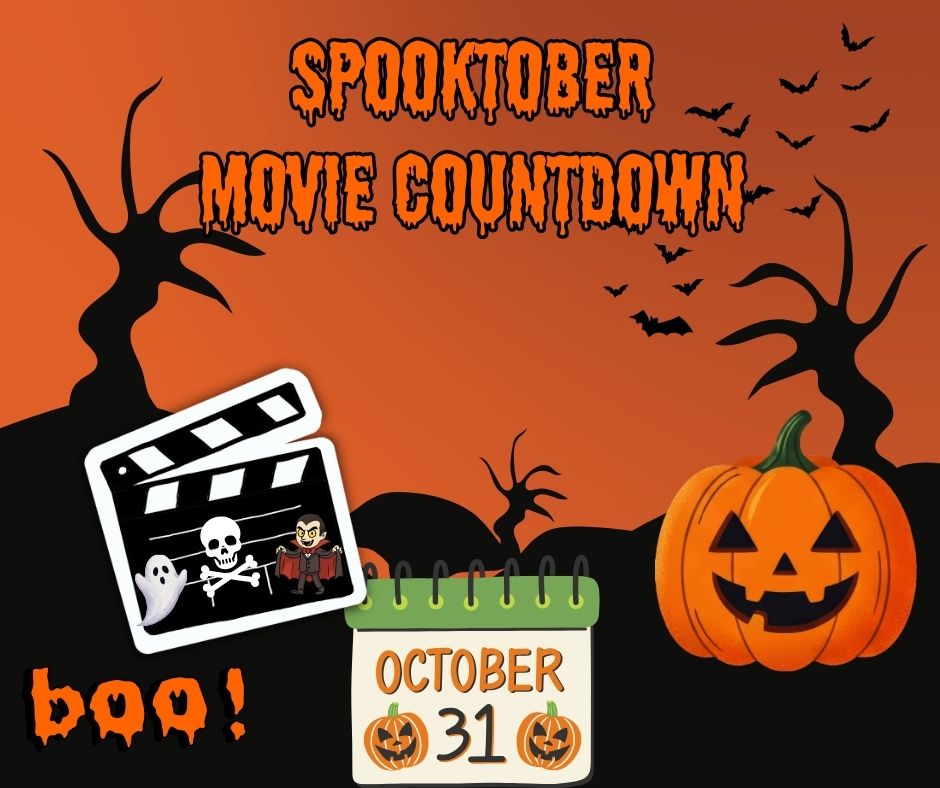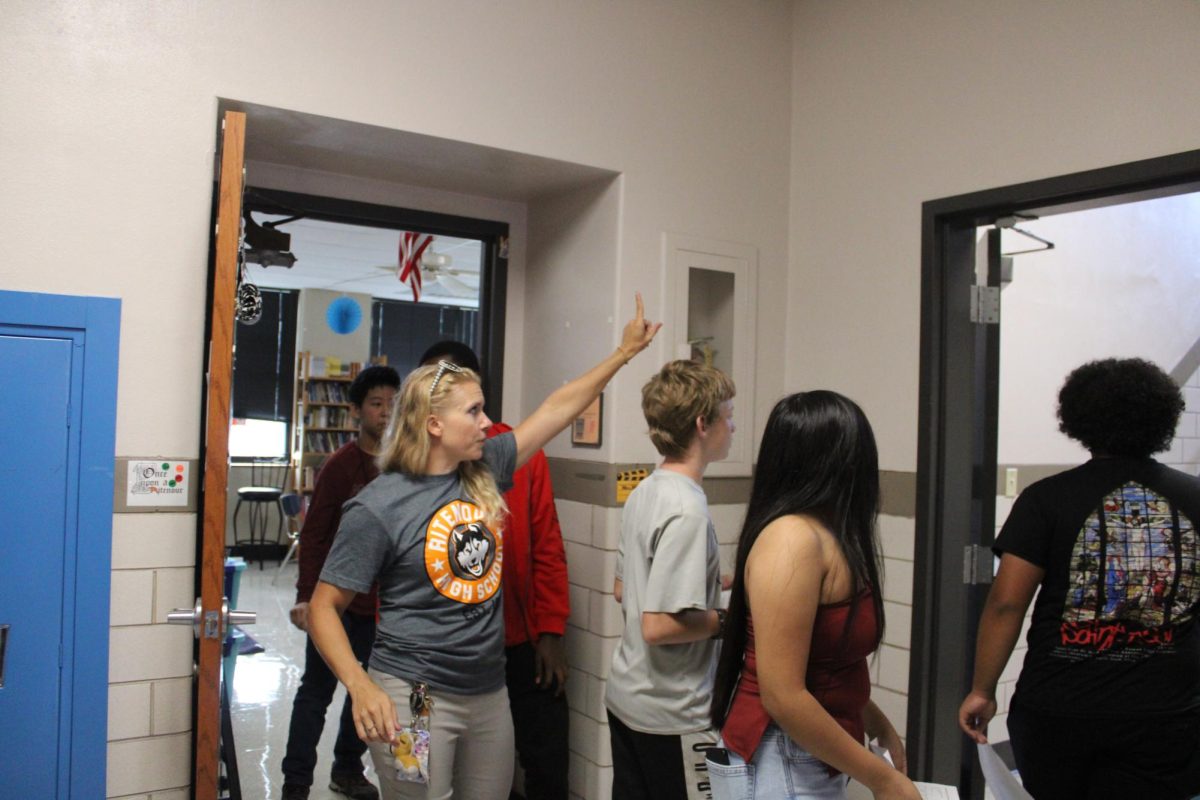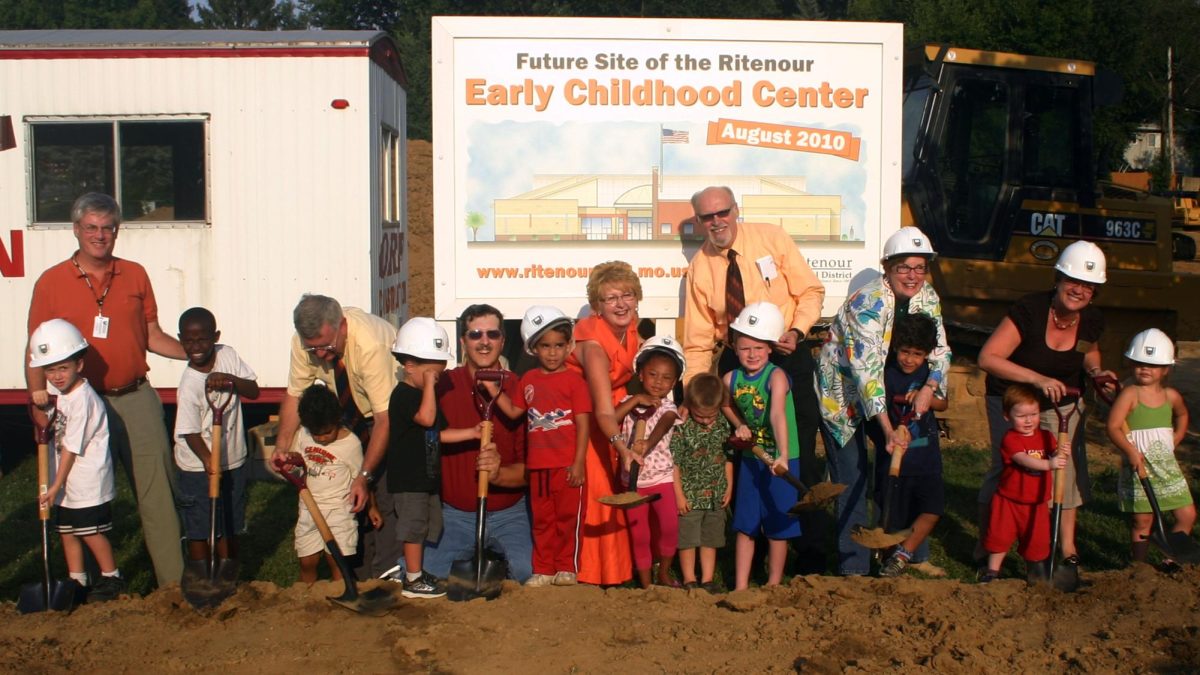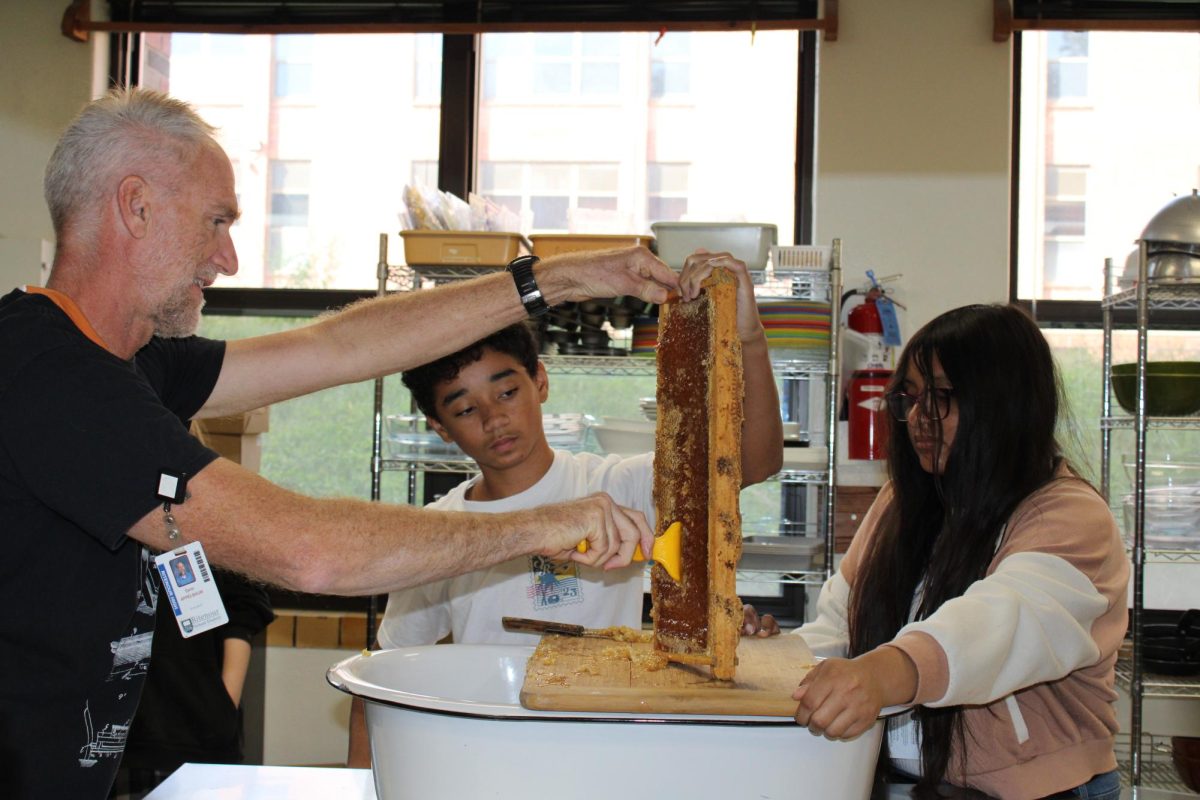The walls of Ritenour High School have had some new informational posters this year, specifically catering to the teenagers of today, whether they are single or in a relationship.
While roaming the hallways, students can see various posters containing helpful information about toxic relationships, their identifiers, and indicators of relationship health. This project is thanks to new child development teacher, Mia Schindler and her students.
Starting as a surface level project and leading into something much bigger, these multi-colored, multi-factual posters have caught the eye of many and stopped them in their tracks to read up on the information featured, but there is a deeper significance for these posters.
“I love being able to empower students to notice red flags in any kind of relationship and have the hard conversations and either end the toxic relationships, or if they are minor issues, work to resolve it to make the relationship healthier,” Schindler said.
According to teenhealthcare.org, a national survey found that almost 1 in 3 teens reported being verbally or psychologically abused, and 1 in 10 had been the victims of physical dating violence within the past year. In addition, an average of 80% of Americans have experienced emotional abuse at least once in their life according to forbes.com.
“Trust your gut, it is normally right.” Schindler said.
While it may seem like it is a good idea to avoid toxic and unhealthy relationships altogether, if both parties are willing to unpack the deeper issues at play, a long term, healthy, relationship can bloom.
“Many times teenagers spend all their time with their significant other. Although wanting to be together is good, sometimes that can turn into a dependent relationship where you end up losing friends and your other support networks since they are the only people you are hanging out with” Schindler said.
This has many researchers wondering, what exactly are teenagers normalizing and what rules are in place to keep a healthy relationship today?
“Lack of boundaries, emotional manipulation and not directly communicating,” senior Genysha McNeal said. “To fight those things, you need mutual respect, communication, trust and honesty, working together towards common goals, and respecting each other’s individual needs and interests.”
Research shows teenagers mature in their late adolescence (18-21),
Healthychildren.org states “Teens entering early adulthood have a stronger sense of their own individuality now and can identify their own values.Friendships and romantic relationships become more stable.”
Some Ritenour students are trying to keep their minds open to being patient with their relationships instead of maybe staying in negative relationships.
“Don’t rush into dating because you’re lonely, true love comes from you. If you can’t love yourself then you can’t love someone else,” senior Zachary Gleghorn said.
While there really is no way to tell what teenagers are thinking and if they’re educated on the everlasting plague of relationship health, it’s safe to say that they’re more aware of this topic In the halls of Ritenour High School due to this project.
“Don’t get stuck on “he/she is not my type, you may write someone off that may be good for you. This is the time to get to know people and figure out what you want in a long term relationship. No pressure to date or stay in a relationship, you have a whole life ahead of you,” Schindler said.
A class tries to teach the school about toxic relationships
Students in Child Development have created posters to help warn students about potential relationship danger
Ja’Mya Porchia
February 5, 2025
Logan Simpson
This sign about breadcrumbing was one of the posters that has gone up this year about toxic relationships and how to spot them.
Story continues below advertisement
0
More to Discover








